When Airbnb started in 2008, it was a great idea, of course. Effortlessly connecting hosts renting out their private property to short-term sub-letters.
And many high quality, good value properties on the site remain. Even in the last year I’ve stayed in a couple of great ones: nice places that were considerably cheaper than hotels. They were in Prague and Corfu, both just €26 per night, and one was a whole apartment.
However, such properties seem to very much be the exception. In the UK especially, I don’t remember ever staying somewhere that was really pleasant or seemed great value for money.
One great problem is that anyone can set up an Airbnb and Airbnb providers are not subject to many of the legal requirements (or taxes) applicable to hoteliers. Therefore it is common to see property descriptions that at best are economical with the truth, at worst downright dishonest.
I’ve stayed in a good few Airbnbs clearly owned by amateurs in the hospitality game, or who simply don’t care, throwing together mismatched charity shop crockery, reject furniture they can’t shift on eBay, rooms with botched DIY efforts, interior design hell and the like.
The last couple of Airbnbs I stayed in, both in London, were terrible. The most recent one was a miniature apartment that was just grim to stay in, although it’s hard to exactly say why. It was clean enough, but gloomy and pretty cramped.
But the one before really was horrendous. It was vastly overpriced, as so much holiday accommodation is in the UK these days. My mistake was to book a property that had just gone live on the Airbnb website and therefore had no reviews. But the photos and description looked ok, and I gullibly thought that the owner wouldn’t present a complete work of fiction. There’d be no point to do that, the power of online reviews would soon highlight any irregularities.
Yet there is indeed one born every minute and I’d selected a property where the owner thought providing a wildly inaccurate description would be an acceptable start to his new business venture. When I got to the flat, the communal hallway and stairs, decorated with lots of discarded junk, were so grubby and insalubrious it almost felt like I had stepped into a murder scene or backdrop for a horror movie.
While the bedroom was just about ok, and pretty much resembled the Airbnb picture, the kitchen was unfinished, with open pipework around the boiler, and no kitchen implements, cutlery or crockery present. The bathroom had an interesting configuration, with the basin tucked in right next to the loo.
The advertised wifi wasn’t present. Its ‘roof terrace’ was just a rooftop with an old filing cabinet, office chair and hanging basket with dead flowers in it.
Airbnb offers ‘AirCover’ protection that offers alternative accommodation or a partial or full refund if there is a serious issue. However, there are complaints all over the internet about Airbnb’s inadequate customer service, so getting a replacement property or refund may not be straightforward at all.
When I complained about this property, Airbnb simply referred me to the owner, who decided that the best way to proceed was to completely deny everything - even though I had photos - and also accuse me incorrectly of holding a party, against Airbnb regulations. When I left he installed everything that was missing - and sent me photos, saying that I was incorrect to say they weren’t there.
Much as I’ve stayed in plenty of hotels in my time that were disappointing, I have yet to stay in one where their default customer service response is essentially to deny everything and invent accusations of their own. It’s a crazy way to do business.
I should imagine that an Airbnb host like that wasn’t too diligent over safety, either. You may assume that to rent out a property as a holiday let there would be stringent safety standards. However, according to UK company Phoenix Health and Safety, which provides health and safety courses, 7.5% of Airbnb travellers in 2021 complained about unsafe amenities in their Airbnb, including things such as electricals and fire hazards. PAT tests for electrical appliances and carbon monoxide alarms aren’t a legal requirement, and there’s plenty of other health and safety considerations, such as smoke alarms, fire retardant furniture, gas safety checks and fire escapes that may not be properly observed by a lax host.
When Airbnb started, like many people I was impressed by the high standard of properties, and welcomed diverse, characterful alternatives to hotel rooms. However, these days many people complain how prices have rocketed, how check-in and check-out times have got less and less convenient, the imposition of extreme demands and rules by hosts, short-notice cancellations by hosts, and ludicrous service and cleaning fees. Why should you pay a £150 cleaning fee when you are required to leave the property clean and tidy anyway?
It is also frustrating that the Airbnb website highlights the price per night but not the overall cost once extras have been added, meaning that it is not simple to compare properties. Scams are rife, and illegal subletting can be a problem too: for example, a friend recently booked an Airbnb flat in Barcelona for £800 for 8 days and arrived to find no locks on the property and six sets of people staying, who were non-Airbnb guests.
And then, of course, there’s the whole subject of the huge disruption Airbnb has caused the housing market, changing neighbourhoods from residential areas to tourist towns, creating ghost villages where many Airbnb properties are empty outside peak holiday seasons, while pushing up property asking prices and long-term rents.
The ‘Airbnb effect’ is similar to gentrification in that it gradually increases the value of an area to the detriment of the indigenous residents, many of whom are pushed out due to financial constraints.
In May 2021 The Guardian reported that in Cornwall there were 10,290 Airbnb properties advertised, but only 62 listings on Rightmove for the county, for those seeking more permanent homes. Currently Cornwall has around 13,000 second homes and 13,000 holiday lets - and 27,407 households on the county’s social housing waiting list.
At least more and more cities are imposing restrictions on short-term rentals, such as Barcelona, New York and Los Angeles. However, it is very clear that a lot more needs to be done to make holiday home lets much less of an issue for holiday home owners and holiday home renters alike.




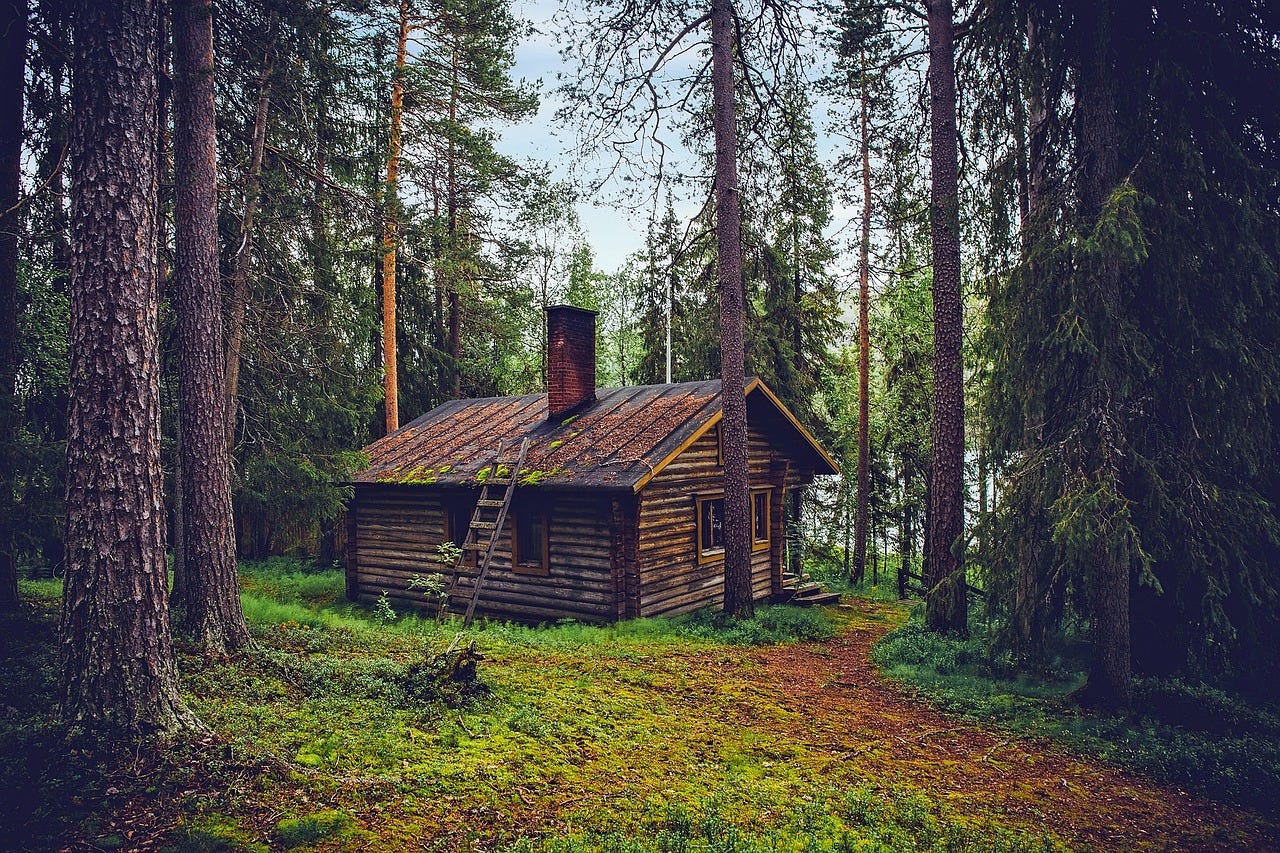
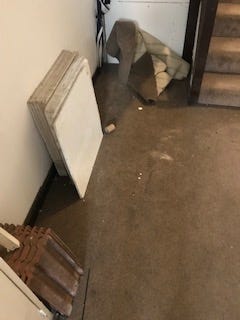
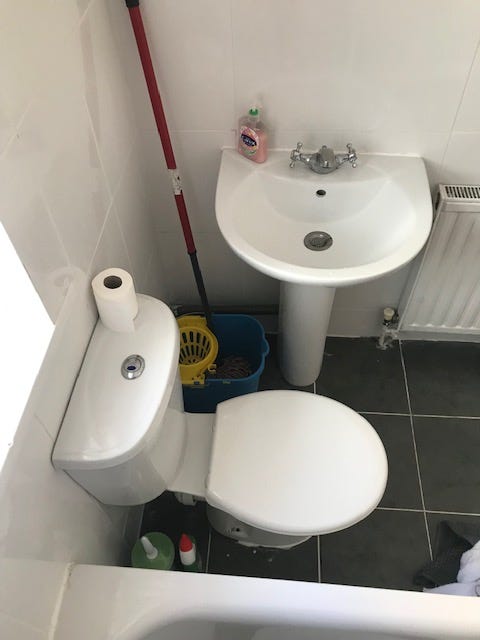
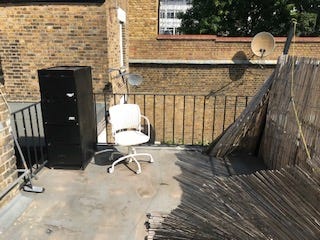

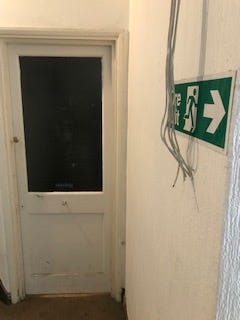
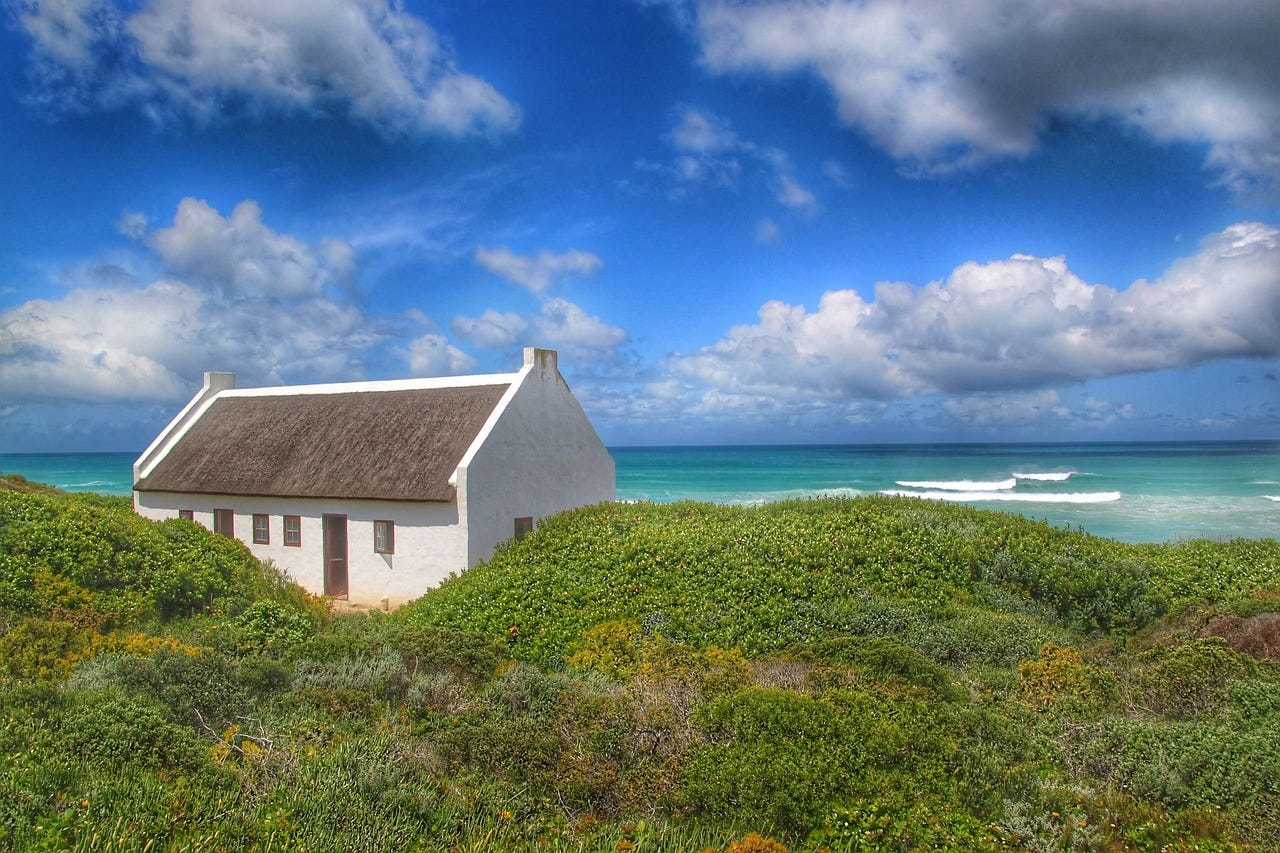
the negative externalities are too big for me. Whole neighborhoods taken from the local housing market, just so I don't have to pay for a hotel? Not worth it.
Not to mention, when I'm travelling, I prefer to be serviced by professionals, and not by amateurs. I don't do the Blabla Car thing, and I don't do AirB.
You gets what you pays for. With AirB, you much too often get no luggage storage on check out day; you have to cater to the whims of the host re: check in; the square meter count isn't comparable because you never know how much personal stuff is already in a room, etc. etc.